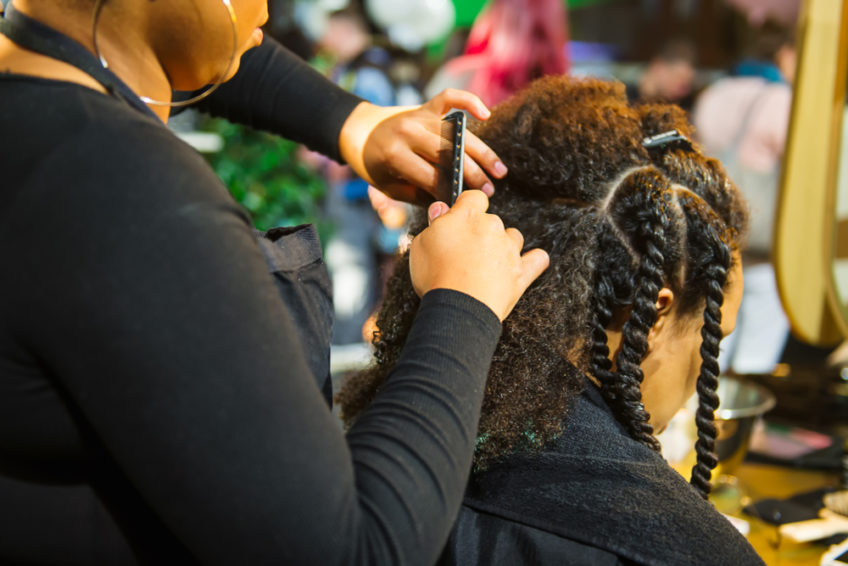The Burden of Occupational Licensing on Everyday Americans
If you are a hair braider in New Orleans and have spent years perfecting your craft, you still need a license to operate legally. Unfortunately, these licenses are extremely difficult to obtain. For example, a person seeking a license for African-style hair braiding must enter into the only cosmetology school in the state that offers courses in Alternative Hair Design. The full-time program (part-time is not an option) costs nearly $12,000 and lasts eight months. After completing the program, students must then pass a series of exams to finally become licensed.[1]
Throughout the country, onerous licensing requirements restrict individuals from establishing legitimate businesses. As a result, many entrepreneurs who cannot afford education and training requirements enter the black market, where they are at risk of being fined or even jailed.
About 22% of occupations in the United States require a license. This includes all hairdressers and cosmetologists, and these requirements vary from state to state. California, for example, has the most onerous restrictions. The Institute for Justice studied 102 common low wage occupations and found that California mandates a license for 76 of these jobs, which requires an average of 827 days of education and experience, $486 in fees and two exams.
It is estimated that occupational licensing regulations cost the U.S. economy $184 billion in misallocated resources annually. In California alone, roughly $22 billion is spent to uphold laws keeping many potential workers out of their preferred occupation.
Back in Louisiana, the Pelican State’s draconian procedures for becoming a licensed hair braider can be compared directly with neighboring Mississippi. In Louisiana, individuals need at least 500 training hours to get a license for hair braiding; whereas in Mississippi, hair braiders simply register with the state for $25 and are not required to satisfy a training hours requirement.[2] In 2019, there were 2,600 licensed hair braiders in Mississippi but only 19 in Louisiana.
The lack of licensed hair braiders in Louisiana has forced many customers to either pay higher prices, not receive the service, or pursue the service in the black market. States with fewer licensing burdens tend to have more competition, which results in lower prices, greater variety and more entrepreneurial activity. With artificial barriers to employment removed, more Americans can be empowered to follow their dreams.
Legislators interested in learning more about occupational licensing reform can examine ALEC model policy called the Natural Hair Braiding Protection Act, which exempts natural hair braiding from occupational licensure. In addition, ALEC has a universal recognition policy that allows states to recognize work experience, private certification or an occupational license from another state.
[1] According to the Louisiana Board of Cosmetology, Stevenson Academy is the only cosmetology school authorized in offering a course program in Alternative Hair Design. Celebrity Stylist Beauty School in Monroe, Louisiana has not yet been federally approved to offer a program of this type. There are 51 licensed cosmetology schools in the state of Louisiana.
[2] In the state of Louisiana, if you are applying for a special permit license in Alternative Hair Design, you need to fulfill at least 500 hours of training. However, the only cosmetology school in the state that currently offers this program requires a total of 1,000 hours, double what the state minimum dictates.

